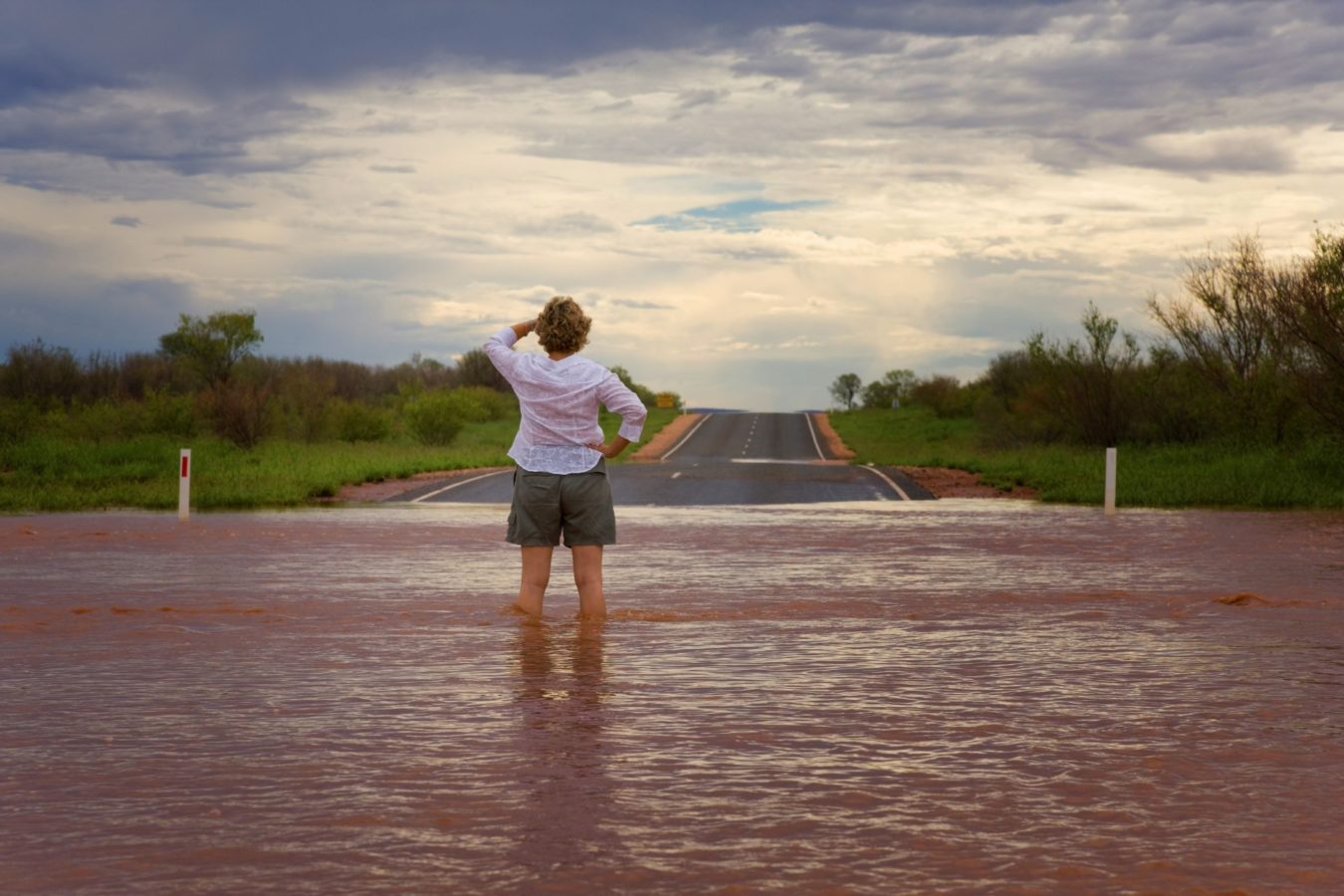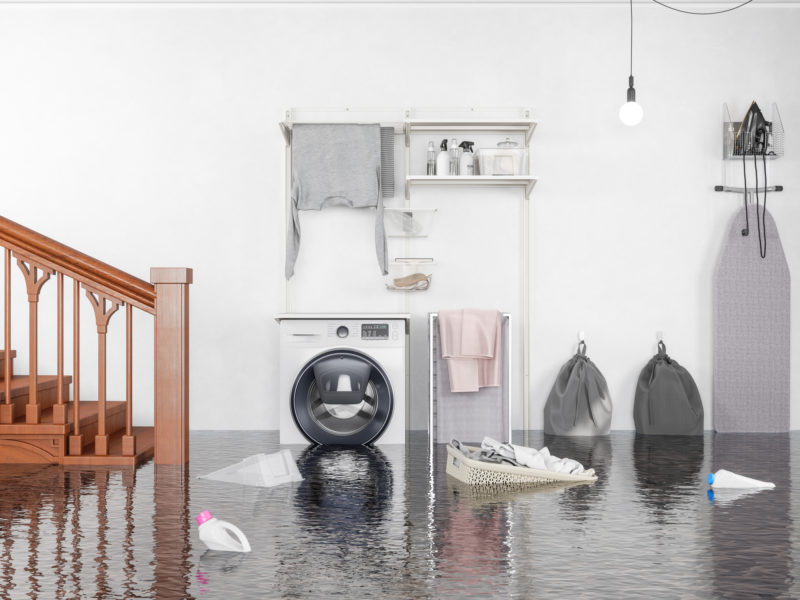
Who We Are
At Connie Phillips Insurance, we represent the client, NOT the insurance carriers. We are purely interested in doing what is best for our clients, putting their interests ahead of our own. We work hard for our clients and enjoy empowering them through client education. Today, let’s take a look at the importance of preparing for a flood.
Let’s Talk About Flooding

Many people think that it will not be them who gets hit with flooding in their house. However, there have been countless stories told with real people in real situations where flooding occurred, usually unexpectedly, in their homes. It is better to be protected and not need it than to need protection and not have it.
All of this is why the critical factor in prepping for a flood is to be protected by flood insurance. Even if you are not required to carry flood insurance, it is important to consider purchasing coverage. Many claims come from homeowners in areas considered to be at low risk for flooding, which is why it is important to remember that low risk does not equal no risk. Most homeowner’s insurance policies do not cover damage due to flooding.
Floods can come on suddenly and may result from rain, snow, coastal storms, storm surges, and overflows of dams or other water systems. They can develop slowly or come on rapidly without warning, as in the case of flash flooding. It is imperative to ensure you are prepared in advance not to get caught in a flood and not know what to do.
Preparation
- Prepare and Practice Evacuation Prepare an evacuation plan ahead of time. Practice the procedure so that you are already comfortable with the plan in the case of an emergency.
- Know Nearby Shelters Get to know what buildings nearby will be used for shelters in an emergency. Make a list and keep it with your emergency plans.
- Have a Flash Flood Response Know what to do if flash flooding occurs. Flash floods can come on with no warning whatsoever.
- Build an Emergency Kit Emergency kits should include a flashlight, batteries, cash, and first aid supplies.
- Get to Know Local Emergency Plans Familiarize yourself with local plans in case of an emergency. Contact local officials and ask questions so that you know what standard procedures look like ahead of time.
Most importantly, your focus should be on keeping yourself and your family safe. Find shelter, don’t attempt to move throughout floodwaters, stay off bridges, and pay attention to local orders. Evacuate if told to, move to higher ground, or stay where you depend on the situation. Keep local radio stations on for emergency information during the flood.
In Summary
Meet with one of our agents to allow us to help you become familiar with how you might be affected by FEMA and NFIP changes in 2021. We will ensure that you are covered in a way that works for your situation and property without compromising your wallet. Get covered, create a plan, and stay safe out there.
Sources:
